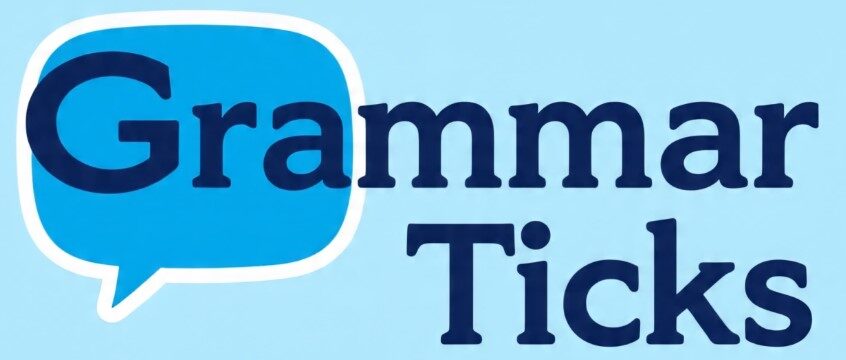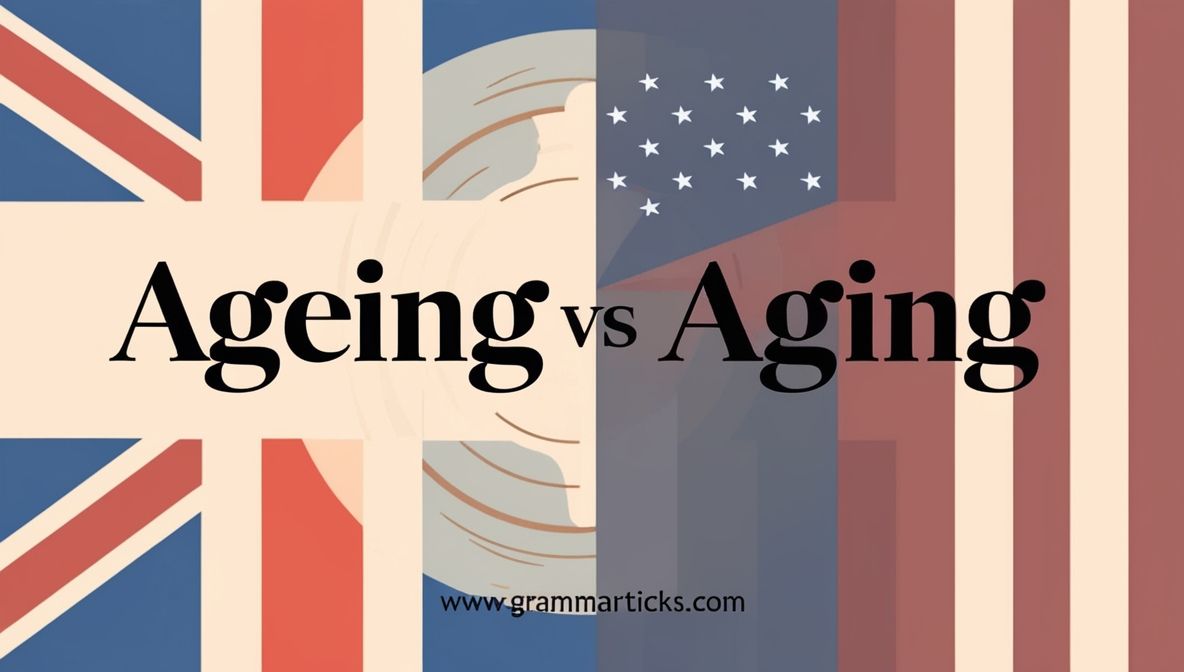Ageing or Aging sparks a lot of questions among writers, especially when deciding which spelling fits best. This confusion often arises from regional spelling differences between British English spelling and American English spelling. While both words describe the same process of growing older, their usage depends largely on where you live or which style guide you follow.
Understanding these subtle distinctions can help you write more confidently, whether you’re working on article titles, book titles, or even managing title formatting for publications. In this article, you’ll learn when to use ageing versus aging, see clear examples, and get handy tips to avoid common mistakes tied to this often mixed-up pair.
Why Do People Get Confused About Ageing or Aging
Many writers face confusion because ageing and aging look nearly identical, but their usage depends on where you live. In British English, “ageing” is the preferred form, while American English favors “aging.” This regional difference often causes mistakes in title formatting, quotation marks examples, and even in bibliography formatting.
Scenario: Imagine you’re writing an article for an American magazine. Using “ageing” might look odd or be flagged by editors following style rules for titles like those in the AP Stylebook.
Tip: Know your audience’s region and the style guide you’re following. For American audiences, stick with “aging.” For British readers, “ageing” works best.
What Do Ageing and Aging Mean
Both spellings describe the process of growing older, whether it refers to people, animals, or even things like ageing infrastructure. There’s no difference in meaning only in spelling.
For example, an ageing population means the same as an aging population; it just depends on which English you’re using.
Scenario: A scientific paper discussing “aging and wrinkles” will use “aging” in the US but “ageing” in the UK, even though the concept is identical.
Tip: Use synonyms like “getting older” or “maturing” to avoid repetition, especially in longer texts.
How to Use Ageing and Aging Correctly
The main rule is simple:
| Region | Correct Spelling |
|---|---|
| United States | Aging |
| United Kingdom | Ageing |
| Canada | Usually Aging |
| Australia | Usually Ageing |
In formal writing such as play titles, chapter titles, or magazine articles, consistency matters more than the choice itself.
Scenario: If you’re writing a book title in the UK, use “ageing.” For an American newspaper title, pick “aging.”
Tip: Always consult the relevant style guide before finalizing your document, especially when formatting titles or applying punctuation rules for titles.
Examples of Ageing and Aging in Sentences
Here are some clear examples to show how each spelling fits naturally:
British English (Ageing)
- The ageing population poses new challenges for healthcare.
- Scientists study the effects of ageing on the brain.
- Our ageing infrastructure needs urgent repair.
American English (Aging)
- The aging population is increasing rapidly in the US.
- Advances in medicine slow down the aging process.
- Many cities face problems with aging bridges and roads.
Synonyms for Ageing and Aging
Sometimes, it’s helpful to use alternatives to avoid repetition:
- Getting older
- Growing old
- Maturing
- Senescing (scientific term)
- Becoming elderly
Each synonym fits different tones, so pick one based on your writing style.
Etymology of Ageing and Aging
Both words come from the verb “to age,” which traces back to Old French aage and Latin aetas, meaning “age” or “lifetime.” The spelling split appeared as English evolved differently across the Atlantic, influenced by local pronunciation and printing standards.
Tips to Overcome Confusion
- Identify your audience: Are they mostly British or American readers?
- Choose a style guide: Stick to The Chicago Manual of Style for American English or the Oxford Style Guide for British English.
- Be consistent: Don’t mix “ageing” and “aging” in the same document.
- Use digital tools: Spellcheckers usually recognize regional preferences set your language settings accordingly.
- Focus on clarity: If unsure, rephrase using synonyms like “getting older.”
FAQs
Is “ageing” incorrect in American English?
No, it’s not wrong but rarely used. Americans almost always use “aging.”
Can I use “aging” in British English?
You can, but it may look odd in formal UK writing.
Does the meaning change between “ageing” and “aging”?
No, both mean the same process of growing older.
Final Words
In the end, ageing or aging both mean the same thing the process of getting older. The only difference is where you use them. If you write for a British audience, go with ageing. For American readers, use aging. Remember to stay consistent in your writing. Check which style guide you follow and stick to it. With these simple tips, you won’t confuse your readers. Now, you can choose the correct spelling confidently every time you write about growing older.

